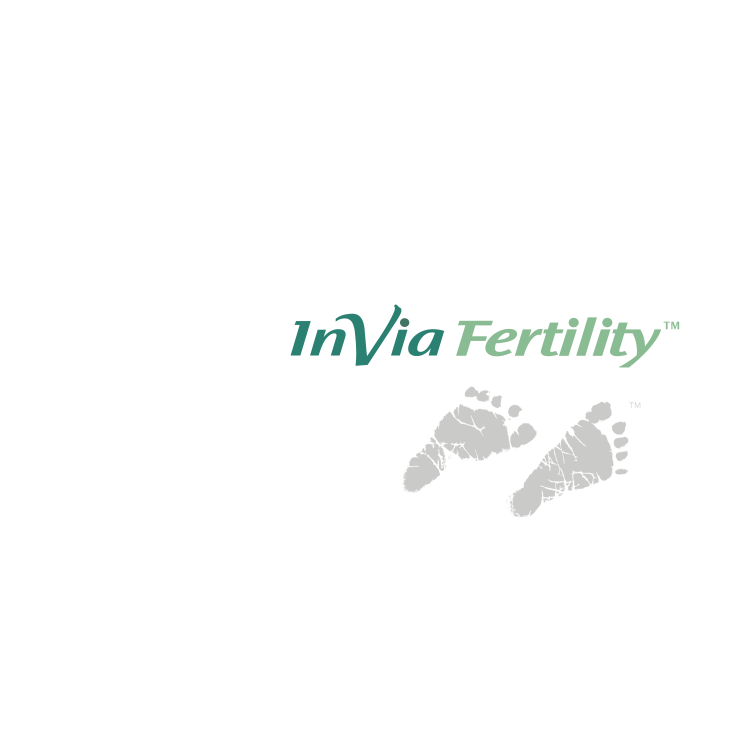
Dr Howard Jones is one of the pioneers of IVF. He and his wife the late Dr Georgeanna Jones started the first IVF clinic in the US in 1981 in Norfolk, Virginia. Last year he celebrated his 100th birthday!!! Dr Howard, as he is known to his collegues and fellows, has written extensively on ethical issues regarding IVF. He recently wrote this article for the Virginia Pilot newspaper.
In Virginia, a bill was introduced this year that would have conferred "personhood" and all legal rights and protections on "the unborn child at every stage of development." While it would conferred "all the rights, privileges and immunities available to other persons, citizens, and residents of this commonwealth" on the fertilized egg, it seems to be targeted at elective abortion.
Also, it would have had many negative, far-reaching unintended consequences.
Human reproduction is a very inefficient process. Of all the fertilized eggs that occur every month, only about 20 percent result in a live born baby. Many of these fertilized eggs have genetic defects incompatible with life and wind up as a very early pregnancy loss that may never even be recognized by the mother or - if the genetically abnormal pregnancy progresses farther - may result in a clinical miscarriage.
Other early pregnancies become implanted in the fallopian tube, or other ectopic locations, rather than the uterus. As they grow, they may rupture the tube or other pelvic structures, leading to life-threatening hemorrhage. These pregnancies are treated by surgery or chemotherapy to remove or destroy the abnormally developing pregnancy.
These well-accepted, standard medical procedures result in the death of the ectopic embryo but would possibly be murder of a fertilized egg under this proposed law.
From a legal standpoint, "personhood" does not identify life but identifies a stage of life that acquires protection by society.
Personhood is a civil issue. Just as there are certain ages when one is allowed to drive a car or vote, there must be a certain age when personhood is acquired. Fetal heartbeat, brain waves and viability outside the mother are some milestones that have been suggested to define the onset of "personhood."
In the U.S., this matter was settled from a legal point of view by Roe v. Wade. Personhood, with associated rights and privileges, was defined as the time when the fetus was capable of surviving independently outside the mother's womb.
The personhood bill sought to redefine this milestone as fertilization of the egg. This is a poor marker for such an important milestone. While some contend it is "the event" creating a new human individual, we know there are many other possible results. In addition to miscarriage resulting from genetic abnormalities and ectopic pregnancy, tumors - malignant and benign - can also develop from the fertilized egg.
Granting the rights and privileges of personhood to these 80 percent of fertilized eggs, which will never be a viable human being, is unreasonable.
Despite a provision in the bill that said it would not apply to "lawful assisted contraception," I am concerned about the potentially devastating consequences of these proposals on the practice of in vitro fertilization.
If personhood begins at fertilization, what would be the status of currently cryopreserved embryos? Would all these embryos be "persons"? Could they be considered "next of kin" and have the rights of inheritance? What are the tax implications of having embryos in cryopreservation?
During IVF, some fertilized eggs and early embryos arrest in development or grow abnormally. If personhood begins at fertilization, would IVF practitioners be required to transfer arrested or abnormally growing embryos? What would be the status of surplus embryos created by IVF? Establishing personhood at fertilization could encourage more patients to request inappropriate medical decisions, such as transfer of all embryos during IVF, which could increase the number of dangerous multiple pregnancies.
Some couples are able to conceive with surplus embryos donated by other couples who have undergone IVF. If such embryos are considered "persons," could their transfer to another infertile couple be considered human trafficking?
The full effect of this bill on embryo donation is unknown, unpredictable and likely to harm IVF.
The American Society for Reproductive Medicine states that "an embryo is neither a person, nor property, but an entity deserving special respect. However, we believe that the responsibility for determining what happens to an embryo lies with the progenitors of that embryo."
Practically speaking, it is necessary to select "the event" that indicates personhood. I think the Supreme Court got it right. I would direct interested readers to the preamble to the court decision, which reviews the history of mankind's attempts to select the correct spot to indicate personhood.
The problem of personhood and when it begins rightfully has engendered much public discussion. This needs to continue.
In the meantime, I am concerned that poorly written personhood legislation in Virginia and other states does not reflect our understanding of the "facts of life" and may criminalize the appropriate management of life-threatening conditions, as well as interfere with the routine practice of in vitro fertilization.

Dr. Karande is Board Certified in the specialty of Obstetrics and Gynecology as well as the subspecialty of Reproductive Endocrinology and Infertility. He is a Fellow of the American College of Obstetricians and Gynecologists and Member of the American Society for Reproductive Medicine.
Subscribe to our weekly blog digest

Entire Website © 2003 - 2020
Karande and Associates d/b/a InVia
Fertility Specialists

Comments